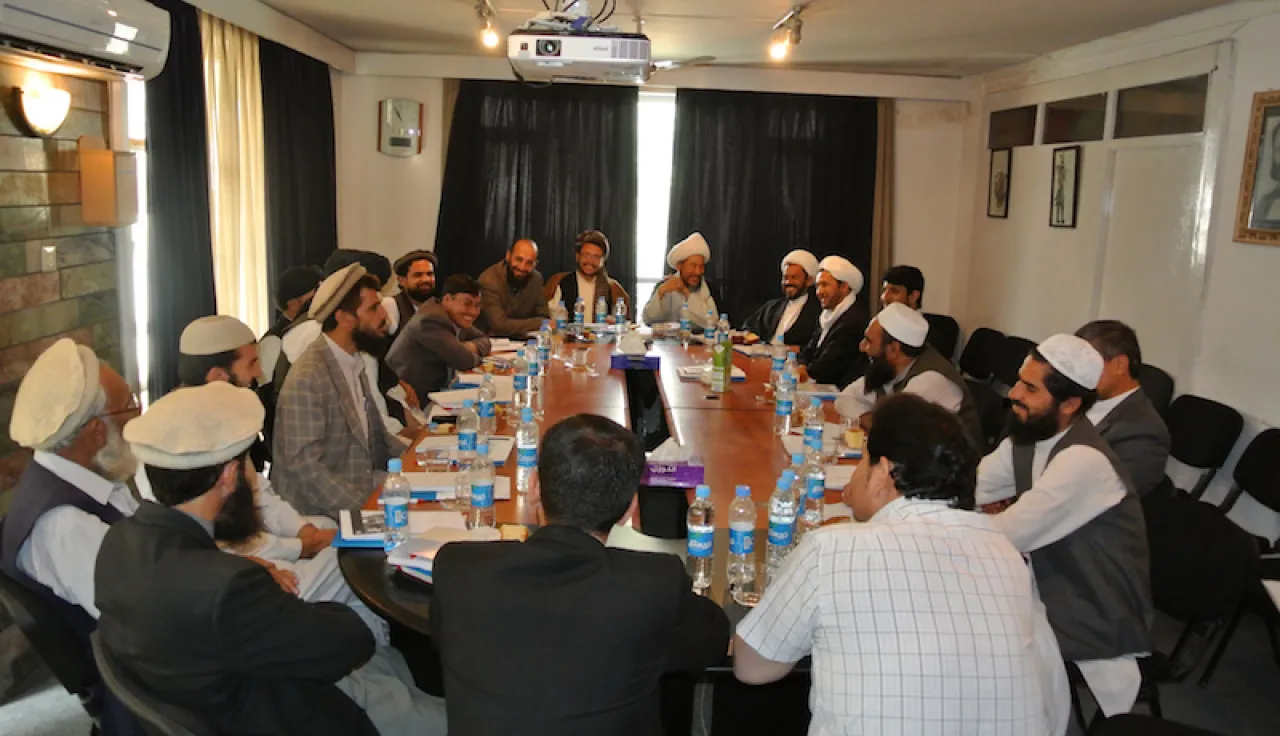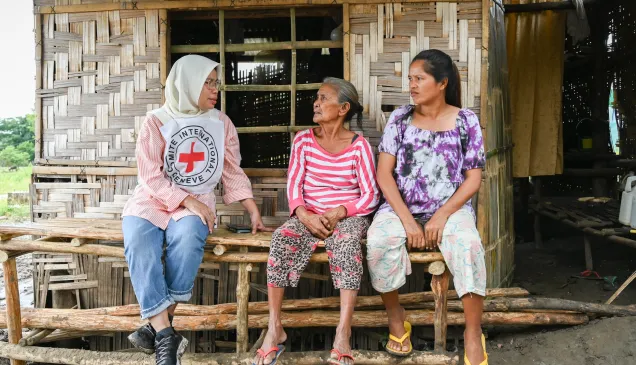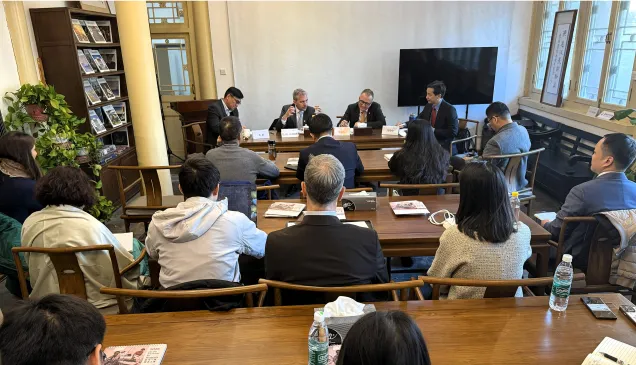Can religious leaders play a role in enhancing compliance with IHL?

The effectiveness of international humanitarian law (IHL) faces challenges from different quarters. Parties may be unwilling to acknowledge that a situation of violence amounts to an armed conflict, which therefore triggers the application of IHL. IHL relies on relatively weak enforcement mechanisms (despite the proliferation of international courts), which could limit incentives for compliance. Parties may lack the appropriate structure and resources allowing them to acknowledge, understand, and implement their obligations. These and other realities reveal the importance of implementing strategies specifically aimed at generating respect for the law.
The main strategy pursued to date concentrates on engaging the parties to the conflict and ensuring that they respect their obligations under IHL. Another strategy—a complementary one, given its diffuse effects—focuses on a set of powerful societal actors that can influence the parties' behaviours and ultimately their conduct in times of war. This post focuses on the second strategy and aims to address one specific dynamic that remains underexplored: the role of religious leaders in enhancing compliance with IHL.
Read the full article on our Humanitarian Law & Policy blog:
Can religious leaders play a role in enhancing compliance with IHL?
by Ioana Cismas, York Law School & Ezequiel Heffes, Geneva Call



